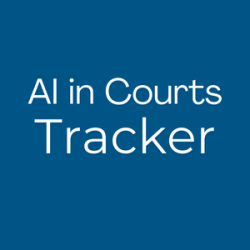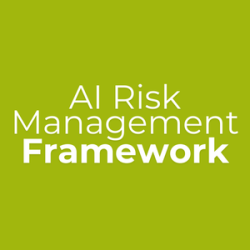Why RAILS?
AI is here. Now.
And it’s being incorporated into more legal and legal-adjacent services every day.
Is legal ready? To expand access to services? To bolster the insights clients desire? To ensure integrity?
Even amid front-page hype about AI in law, many law firms and lawyers operate in a landscape where engagement letters rarely set out clear terms regarding AI use, standards for client data input to AI tools are still emerging, jurisprudence on privilege in AI-assisted legal work remains thin, and the concrete frameworks for weighing opportunities, risks and harms of AI-use in legal matters are still under-developed.
RAILS aims to move AI forward while keeping the integrity of legal services on track.
Become a RAILS participant for free as we build a diverse community to foster responsible AI innovation in legal services.
Current Status
After a guided planning process in 2023 (many thanks to our Initial Steering Committee), and an early 2024 launch phase, our initial working groups shared their developed resources in early 2025.
We invite and openly include a broad range of stakeholders to participate in RAILS. Read our participation policies and apply here. We continue to review applications weekly.
Read the latest newsletters.
Learn from participants in our leadership profiles.
Access our resources:
(1) the AI Use in Courts tracker
(2) AI Use Cases in Legal
(3) AI Risk Management Framework: Guidance for Corporate Legal Teams
(4) Evaluating AI News for novices
(5) Sources for News: AI in Legal
Please note: All of our resources are under Creative Commons Attribution-NonCommercial 4.0 International: CC BY-NC 4.0
Updated November 7, 2025
Participant-Only Content
Search the Participant Directory
Find others passionate about law and A.I. by searching our participant directory.
Update your personal profile so that other RAILS participants can connect with you.
Updated November 7, 2025





